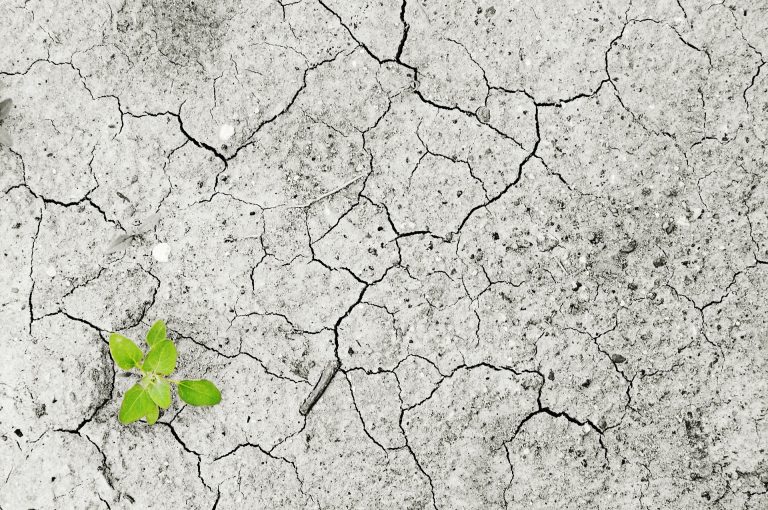
Topics covered
By 2100, 90% of the world’s population will see food production decline due to climate change. There will therefore be a shortage of food for 9 out of 10 people. How is this possible, and what can we do to prevent this?
The Concerns of Experts About Shortage of Food
According to projections made by researchers at PSL Research University in Paris, agricultural production and fishing will decrease significantly over the next 80 years. As a result, nine out of ten people will run out of food in both categories.
Global warming is in fact altering the conditions for food production and food availability. This will have a knock-on effect on food security and the global economy.
In a recent study, a group of researchers analysed the vulnerability of societies by drawing on data from the Panel on Climate Change (IPCC). The aim of the research was to calculate the impacts of climate change on agriculture and marine fisheries on a global scale.
The researchers analysed current trends in climate and population growth and distribution. They then assessed the future availability of maize, rice, soybeans, wheat and fish products under two possible scenarios. In fact, they assumed what could happen if we reduce emissions or not. In this way, they were able to understand whether a reduction in CO2 emissions would bring benefits in terms of food production.
If emissions will not fall, the consequences would be drastic. Around 90% of the world’s population, most of whom live in the most sensitive and least developed countries, will experience shortage of food by 2100. More specifically, they will lose 25% of food production in agriculture and up to 60% in fisheries.
The Importance of Reducing Emissions
According to the researchers, losses will most likely be inevitable in some places on the planet. Even if we reduce our emissions. However, trying to combat climate change could greatly improve the situation. Indeed, governments should act to reduce CO2 emissions as provided for in the Paris Agreement. In doing so, for most countries the loss of productivity for fisheries would fall to 10% and agriculture would lose only 5%.
Researchers have therefore stressed the urgent need for mitigation action. The main CO2-producing countries should make greater efforts now to reduce their emissions. Only in this way, in fact, we can avoid exposing people to hunger and famine within the next eighty years.
What We Can Do to Prevent Shortage of Food
We too can do our part to fight the problem. For example, we could reduce or eliminate the consumption of meat and foods of animal origin such as eggs and dairy products by opting for a diet that includes more vegetables, fruits and legumes.
A group of scientists recently called on all states to reduce meat production from 2030 onwards in response to the climate emergency. Indeed, livestock farming contributes to deforestation and increased CO2 emissions. Therefore, by preferring plant food, each of us can contribute to reducing emissions and combating the effects of climate change.




